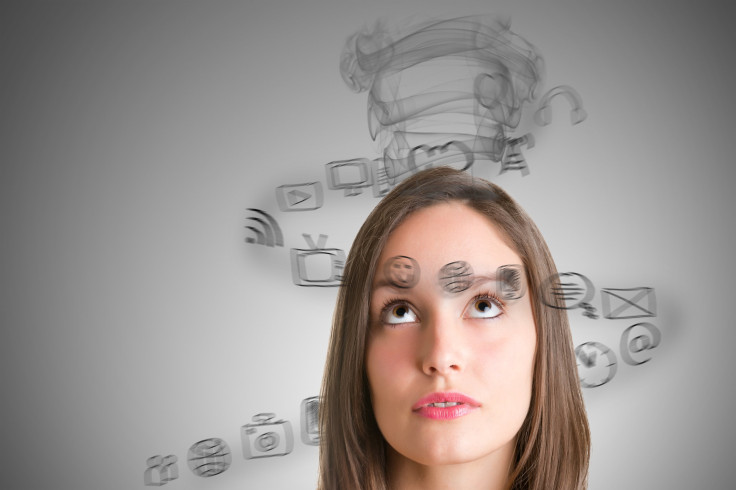5 Ways Social Media Has Changed The Way Our Brains Work

Believe it or not, the very first social media site was created in 1997; however, it wasn’t until the early 2000s that the phenomena truly set off. Today, it’s estimated that one-third of the world’s population uses some form of social media. Although social media has surely changed the course of history, could it have possibly changed the way our brains function? Studies say absolutely.
Social media has contributed to the rise of “Internet addiction.” While social media addiction is obviously different from drug or alcohol addiction, a 2012 study found that our brain treats the two quite similarly. This calls attention to treating Internet addiction as a new and serious mental health issue.
But addiction is not the only brain change believed to be brought about by social media’s popularity; it’s also re-routed our ability to multitask. Scientists at Stanford University found that individuals who spend a significant time online using social media were “more susceptible to interference from irrelevant environmental stimuli” and less able to complete more than one task simultaneously.
Social media has not only affected the way our brains work, it’s also interfered with our nervous systems. Phantom vibration syndrome is a relatively new but completely legitimate psychological process where individuals constantly believe their phones are vibrating. Researchers believe it’s caused by chronic phone exposure causing our nerves to interpret the simplest itch as an incoming text message.
ASAP Science reports that social media has also increased the amount the average person spends speaking about themselves but, surprisingly, added that the virtual interaction actually leads to more successful relationships. Perhaps this is the doing of social media or perhaps it’s because the only person who can tolerate an Internet addict is another Internet addict. Still, the evidence is strong. So, are we controling technology or does it control us?
Published by Medicaldaily.com



























